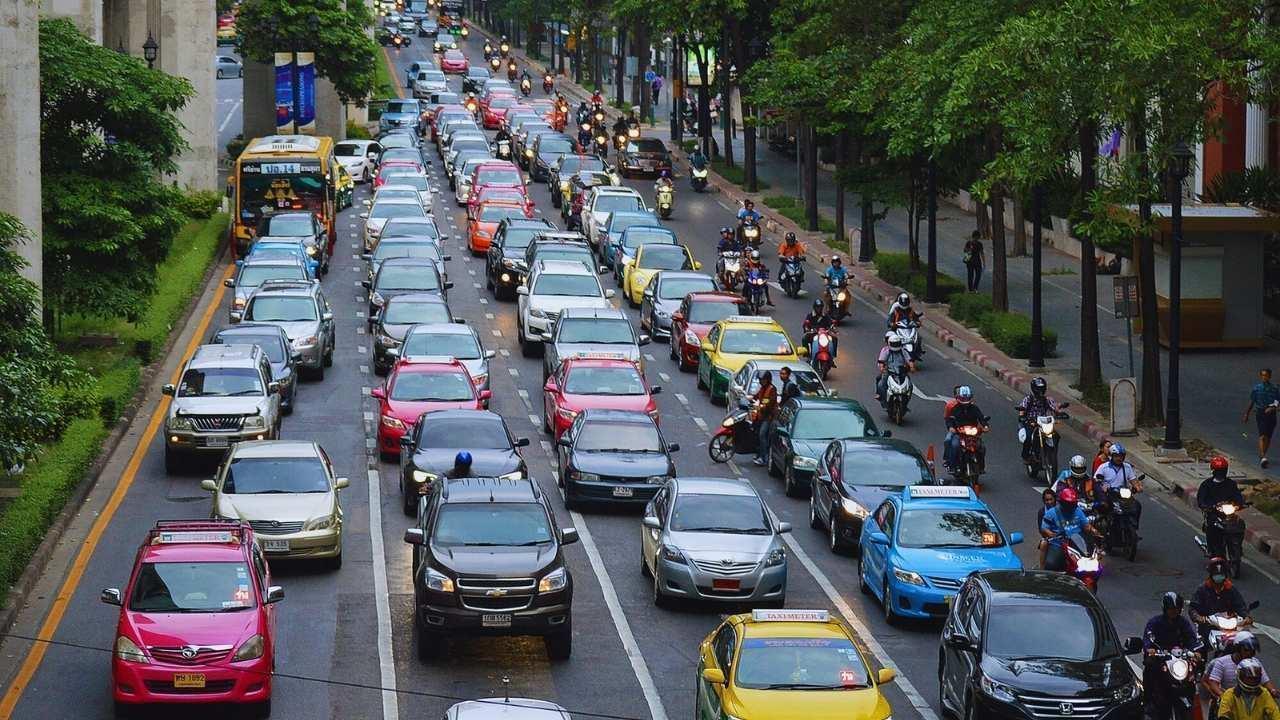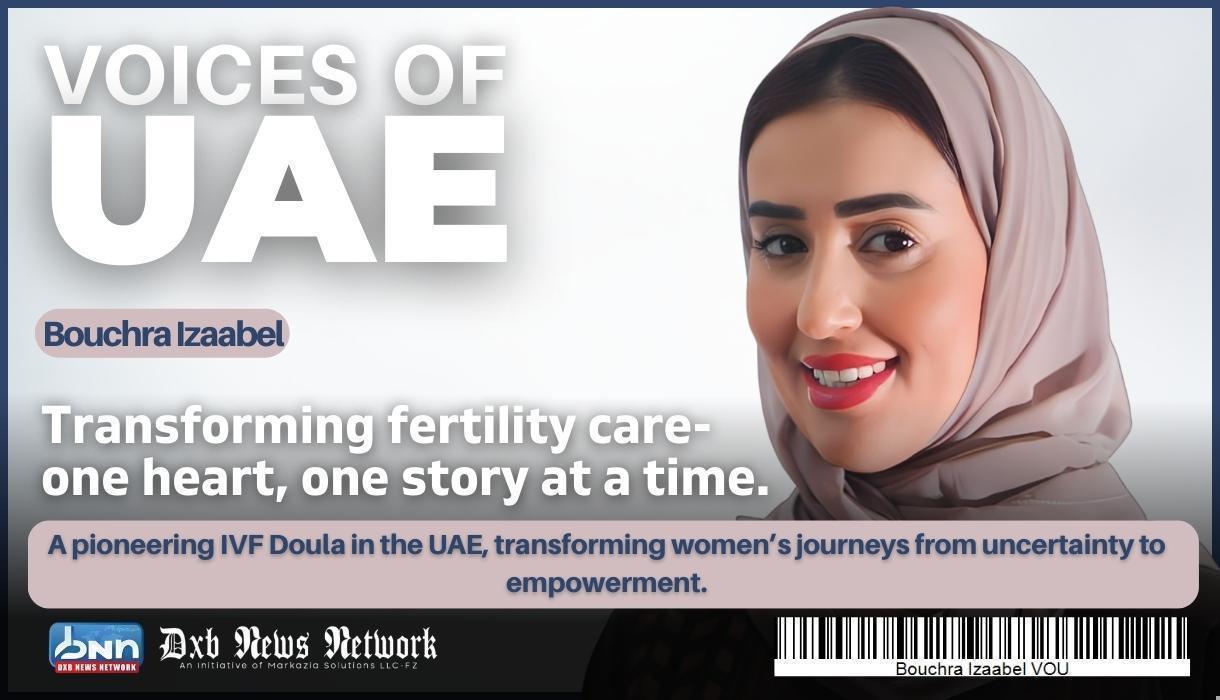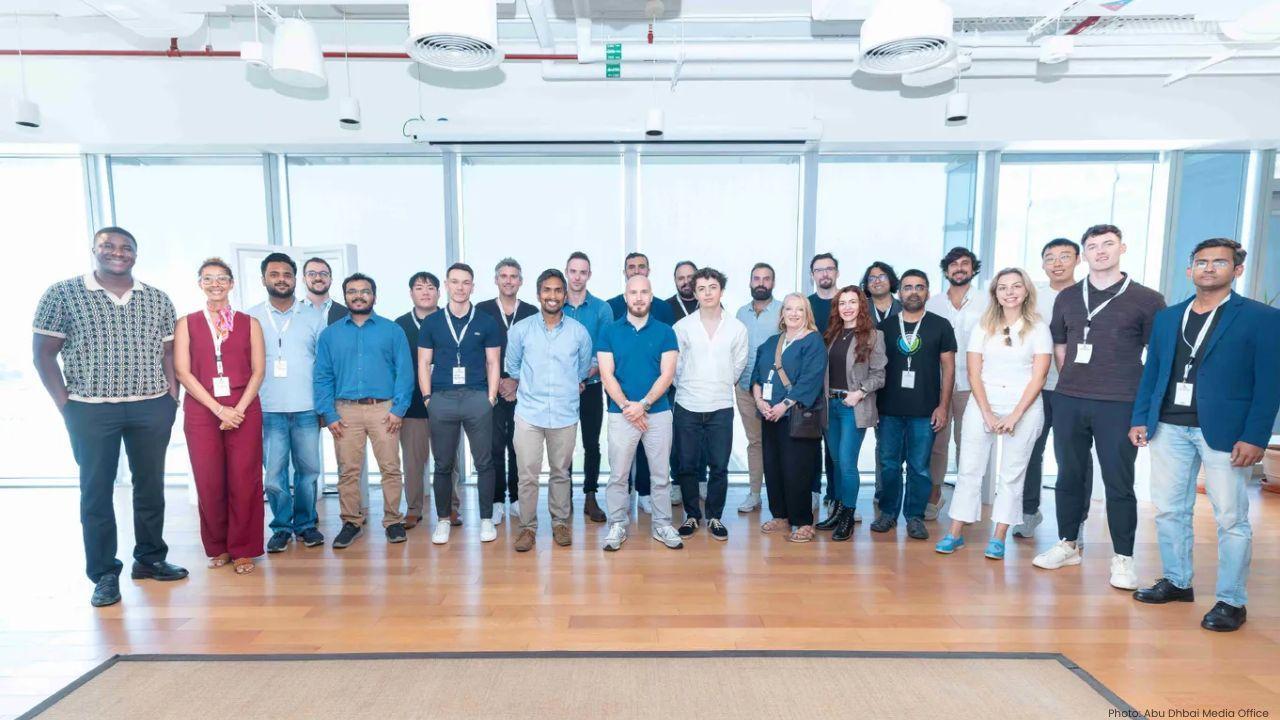
Post by : Anish
Urban congestion has become one of the biggest challenges of modern cities, especially in regions experiencing rapid population growth and urban expansion. Dubai and Riyadh, two of the Middle East’s fastest-growing metropolitan hubs, are turning to artificial intelligence (AI) as a cornerstone of their traffic management strategies. Both cities face mounting pressures: Dubai with its rising influx of tourists and residents, and Riyadh with its booming population and national drive for modernization under Vision 2030. While their goals overlap, their approaches reveal intriguing differences in how AI can be used to reshape urban mobility.
Dubai has positioned itself as a global leader in smart city innovation. When it comes to traffic, the city’s Roads and Transport Authority (RTA) has been deploying AI-powered systems across multiple layers of urban mobility. Intelligent traffic signals, real-time data analysis, and AI-based surveillance are now standard features of Dubai’s road ecosystem.
The RTA’s adaptive traffic light control, for instance, reduces waiting times by analyzing live vehicle data and adjusting signals dynamically. This minimizes bottlenecks, reduces emissions, and saves time. Dubai also uses AI in monitoring road incidents, enabling faster emergency responses and rerouting suggestions through navigation systems.
Moreover, the emirate’s long-term vision isn’t just about smoother commutes. Dubai is actively linking AI-driven traffic management with its self-driving transport plans, ensuring that future autonomous vehicles can seamlessly interact with city infrastructure. This forward-looking approach reflects Dubai’s ambition to be one of the first cities to integrate AI not only into traffic lights but into the entire urban mobility network.
Riyadh, on the other hand, is undergoing one of the most ambitious transformations in its history. The Saudi capital has become a focal point for innovation as part of Vision 2030, and mobility is at the center of this change. With a population that has grown rapidly in recent years, Riyadh faces severe congestion, with long commute times affecting quality of life.
The city has turned to AI-powered systems to address this. Smart cameras and AI-based surveillance now monitor traffic flow, detect violations, and provide data for city planners. Riyadh is also deploying AI in predictive modeling, using traffic data to forecast congestion patterns and optimize road usage. These insights allow the city to redesign road networks and integrate AI-based traffic lights that ease pressure on high-density routes.
Unlike Dubai’s tourism-driven traffic challenges, Riyadh’s focus lies in accommodating its large resident population while preparing for a future of expanded public transport, including metro and bus systems that heavily rely on AI for scheduling, routing, and passenger flow management.
Despite differences in context, Dubai and Riyadh share several similarities in their AI-powered traffic solutions. Both cities emphasize:
Adaptive Traffic Signals: Using AI to manage congestion in real-time.
AI-Enabled Surveillance: Cameras that detect violations and incidents instantly.
Data-Centric Planning: Leveraging predictive analytics to redesign road networks.
Integration with Future Mobility: Preparing infrastructure for self-driving cars and smart public transport.
Both cities recognize that AI is not just a quick fix but a structural shift in how traffic is managed, monitored, and planned.
While the goals are aligned, their strategies reflect local challenges:
Dubai: Strong focus on integrating AI with futuristic goals like autonomous vehicles, air taxis, and tourist-centric mobility solutions.
Riyadh: Focus on reducing day-to-day congestion for residents, building an AI-powered foundation for its massive public transport expansion.
Dubai: Emphasizes global leadership in smart innovation, aiming to be a global model city.
Riyadh: Emphasizes practicality, aiming to make daily life easier for citizens as it scales up infrastructure.
Safety is a shared priority. In Dubai, AI monitors driver behavior, detects violations, and alerts authorities in real-time. This not only enforces rules but also prevents accidents. In Riyadh, AI is used extensively for identifying traffic violations such as speeding and wrong-lane driving, which are among the city’s biggest contributors to road accidents.
By integrating AI surveillance with law enforcement, both cities are creating safer environments, although Riyadh’s initiatives are heavily geared toward discipline enforcement, while Dubai leans toward integrating safety within an innovative smart mobility ecosystem.
Dubai has already rolled out AI in its metro, trams, and buses, where predictive AI helps in scheduling and reducing wait times. It has also experimented with AI chatbots to help commuters plan trips. Riyadh, on the other hand, is gearing up for one of the largest public transport systems in the region, and AI is embedded in its very foundation. From predictive passenger flow management to AI-driven metro scheduling, Riyadh’s new system will likely become a benchmark for AI-enabled public transport in the Middle East.
Another crucial factor in adopting AI is sustainability. Dubai links its AI traffic management with its green goals, reducing idle time at signals and cutting emissions. Riyadh also sees AI as a path toward sustainability, particularly as it seeks to modernize infrastructure without compromising environmental targets under Vision 2030.
By optimizing routes, reducing congestion, and integrating electric mobility, both cities use AI as a bridge toward greener futures.
Looking ahead, Dubai and Riyadh are not merely using AI to solve present problems—they are shaping future lifestyles. In Dubai, AI-powered transport will soon merge with autonomous shuttles, self-driving taxis, and even flying vehicles, redefining mobility. Riyadh is building its smart mobility ecosystem around practicality and accessibility, ensuring millions of residents can experience shorter, safer, and smarter commutes.
Both strategies reflect a broader regional trend: AI is no longer optional in traffic management—it is central to the identity of a modern Middle Eastern city.
AI has become the invisible driver of smarter roads in both Dubai and Riyadh. While Dubai’s vision is global leadership in futuristic mobility and Riyadh’s focus is practical urban transformation, both cities are proving that artificial intelligence can fundamentally reshape the way we move.
By learning from each other’s approaches, they are setting the stage for a Middle East where congestion, delays, and unsafe roads may one day be relics of the past.
This article is intended for informational and educational purposes only. It does not represent official statements from Dubai’s Roads and Transport Authority or Riyadh’s municipal bodies. Readers are encouraged to follow official government announcements for the most updated information on AI and traffic management initiatives.

Eid e Milad 2025 Honoring the Birth and Teachings of Prophet Muhammad
Discover Eid e Milad 2025 celebrating Prophet Muhammad s birth with prayers charity peace and te

Baaghi 4 Tiger Shroff Returns with Thrilling Action and High Octane Drama
Explore Baaghi 4 Tiger Shroff s thrilling action stunning stunts gripping story and why this Bol

Voices of UAE: Bouchra Izaabel-Transforming Fertility Care, One Heart and One Story at a Time
Transforming Fertility Care, One Heart and One Story at a Time

Nvidia Faces Uncertainty in China Amid US-China Tech Tensions
Nvidia navigates US-China tech tensions as China remains key market. Demand for advanced chips rises

Wednesday Season 3 Release Date Plot Cast and What Fans Can Expect
Discover Wednesday Season 3 release date cast plot twists and what fans can expect from the thri

Hub71 Welcomes 26 AI Startups in Largest Cohort Yet
Hub71 launches its 17th cohort with 26 AI startups from 12 countries, raising AED 818M, boosting Abu

Deepika Padukone Joins LVMH Jury as First Indian Member
Deepika Padukone makes history as the first Indian juror at the 2025 LVMH Prize in Paris, joining fa

Voices of UAE: Bouchra Izaabel-Transforming Fertility Care, One Heart and One Story at a Time
Transforming Fertility Care, One Heart and One Story at a Time

Pakistan Defeat UAE by 31 Runs in T20I Tri-Series Clash
Pakistan beat UAE by 31 runs in Sharjah T20I Tri-Series. Saim Ayub hit 69, Hasan Nawaz 56, while Has

Vice President’s Jiu-Jitsu Cup Ends with UAE Clubs Triumph
Sharjah Al Ain Al Jazira and Baniyas clubs shine as champions in the Vice President’s Jiu-Jitsu Cup

Liverpool beat Arsenal City fall to Brighton in EPL drama
Liverpool edge Arsenal with Szoboszlai’s stunning free-kick, while Manchester City suffer second str

Tawfiq wins UAE President’s Cup Arabian Horse Race in Russia
Tawfiq claimed victory at the UAE President’s Cup in Kazan, Russia, thrilling 20,000 fans with a dra

GCC Chief Urges Stronger Push on Global Free Trade Talks
GCC Secretary-General Jasem Albudaiwi pressed negotiators to intensify efforts on free trade pacts b

UAE and India Strengthen Trade Ties with Mumbai Business Talks
UAE Minister of Foreign Trade Dr. Thani Al Zeyoudi met Indian leaders in Mumbai to expand CEPA benef

UAE announces September fuel prices for petrol and diesel
The UAE Fuel Price Committee set September 2024 rates: Super 98 at AED 2.90, Special 95 and Diesel a